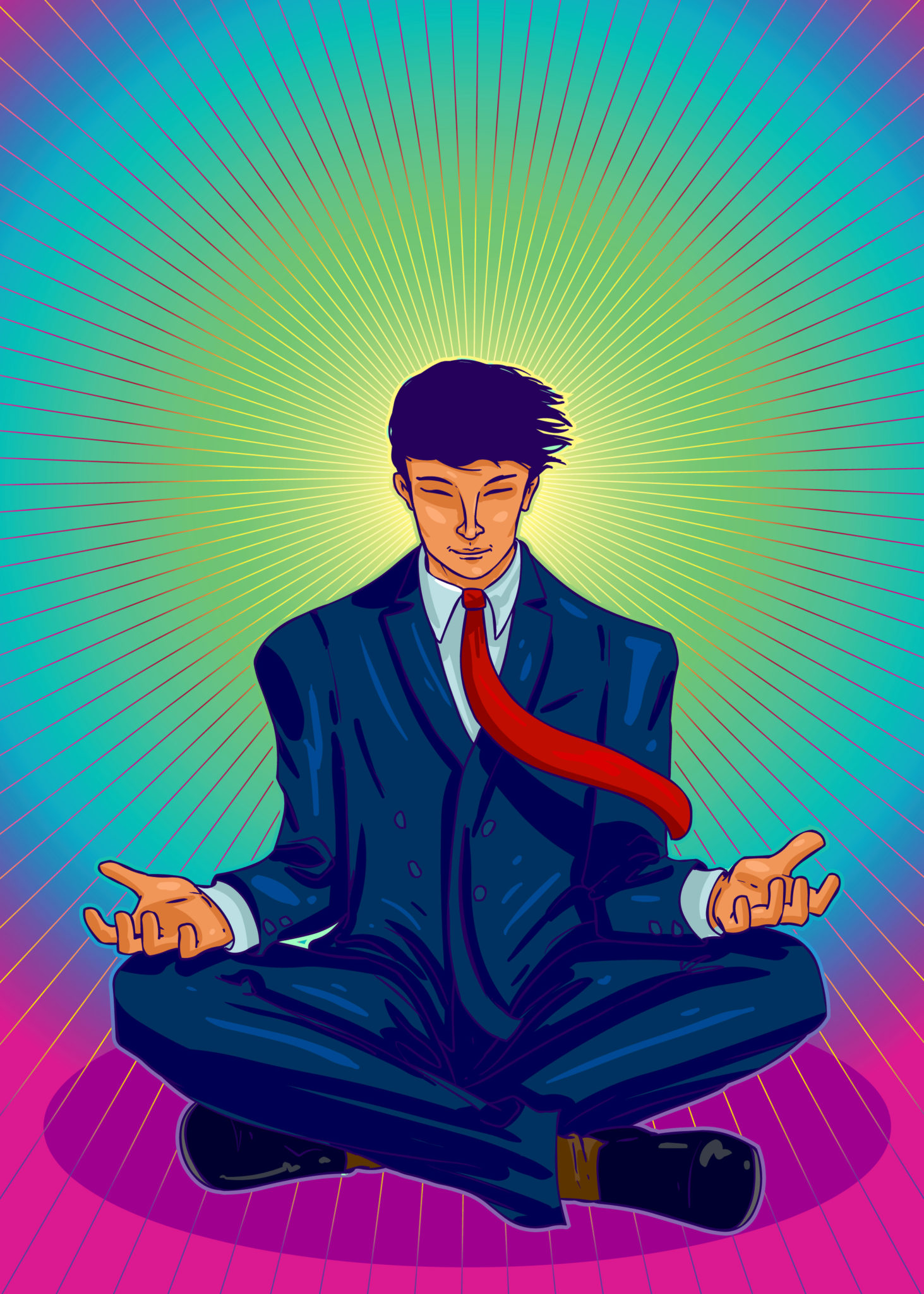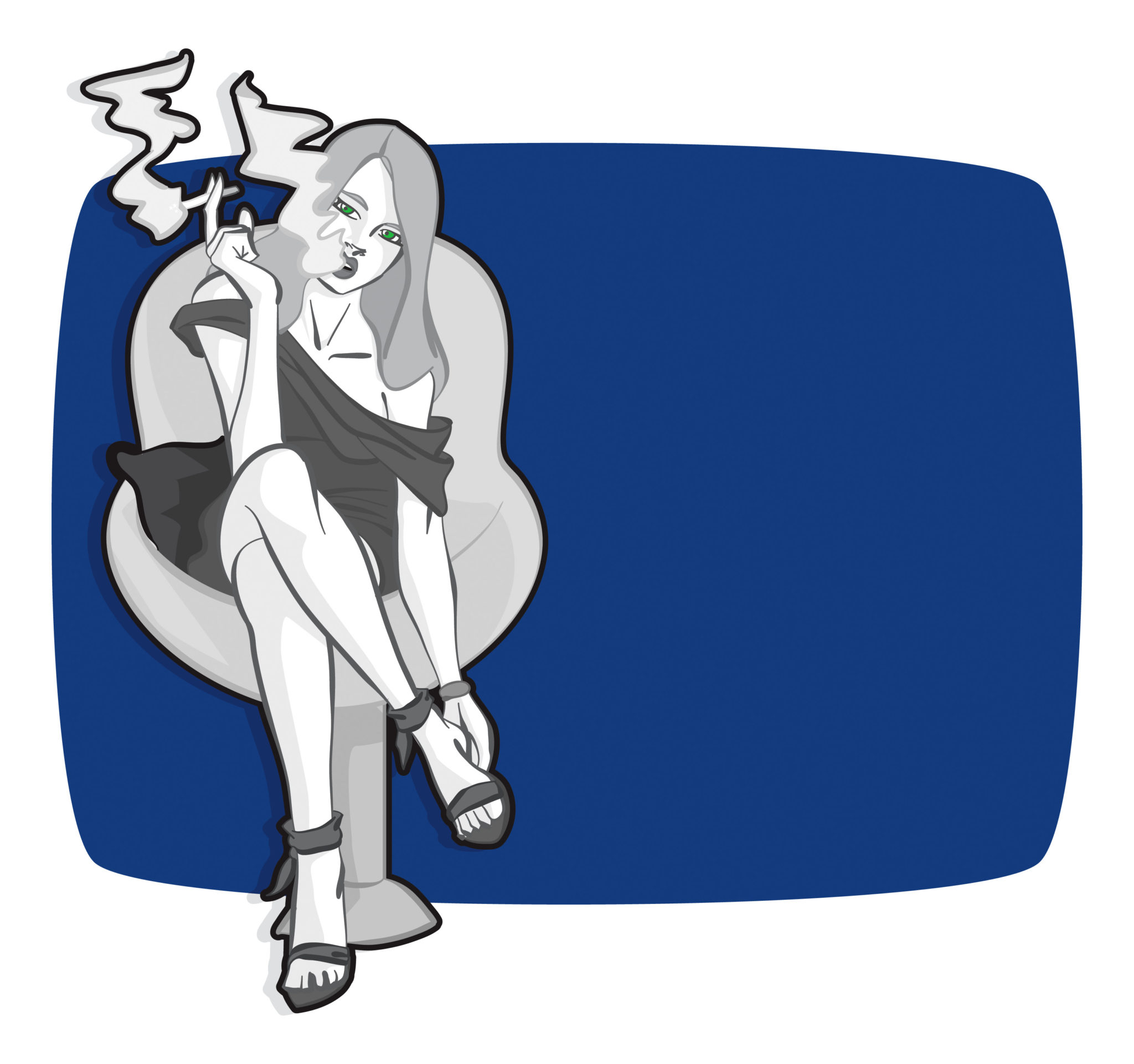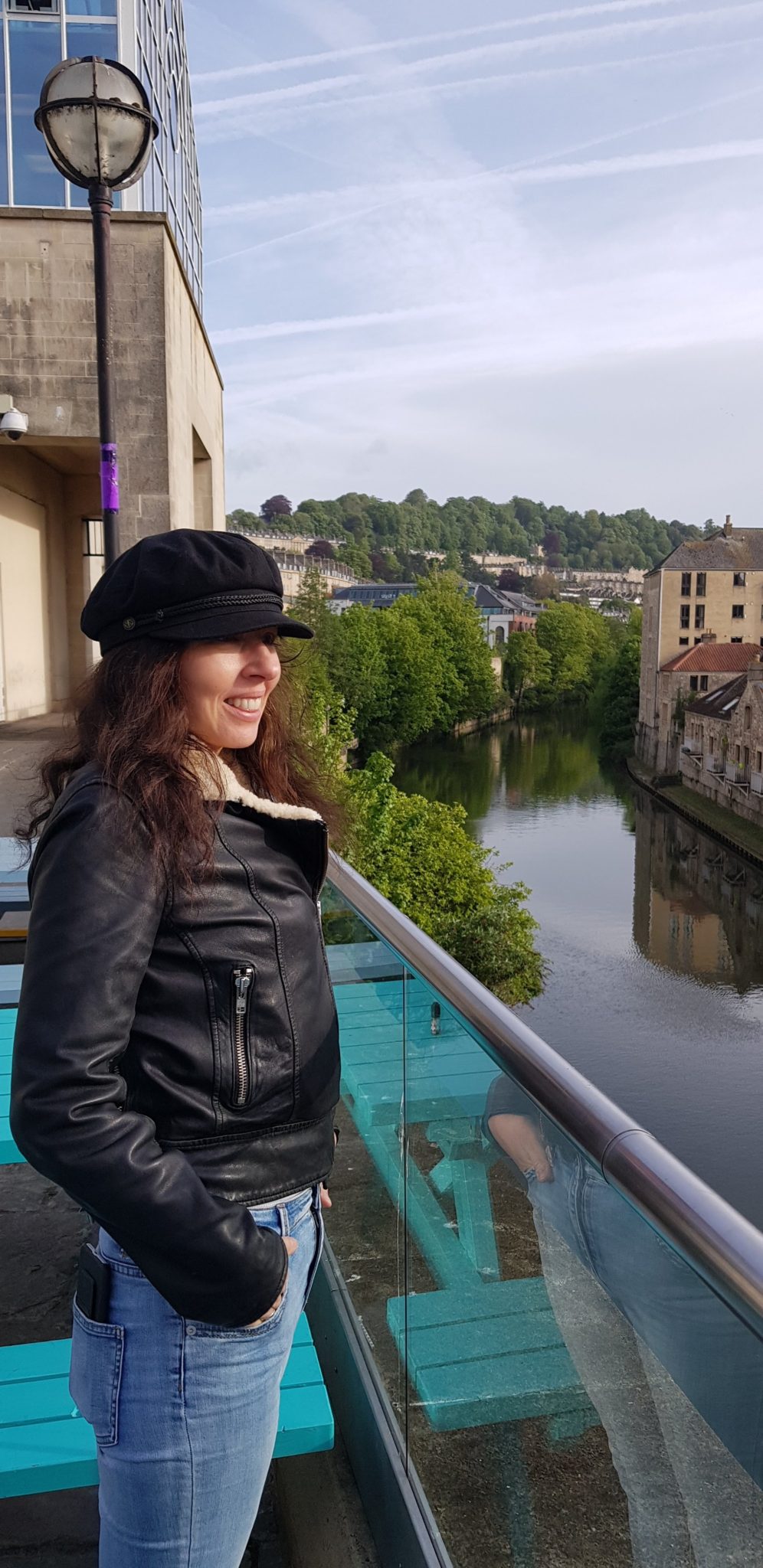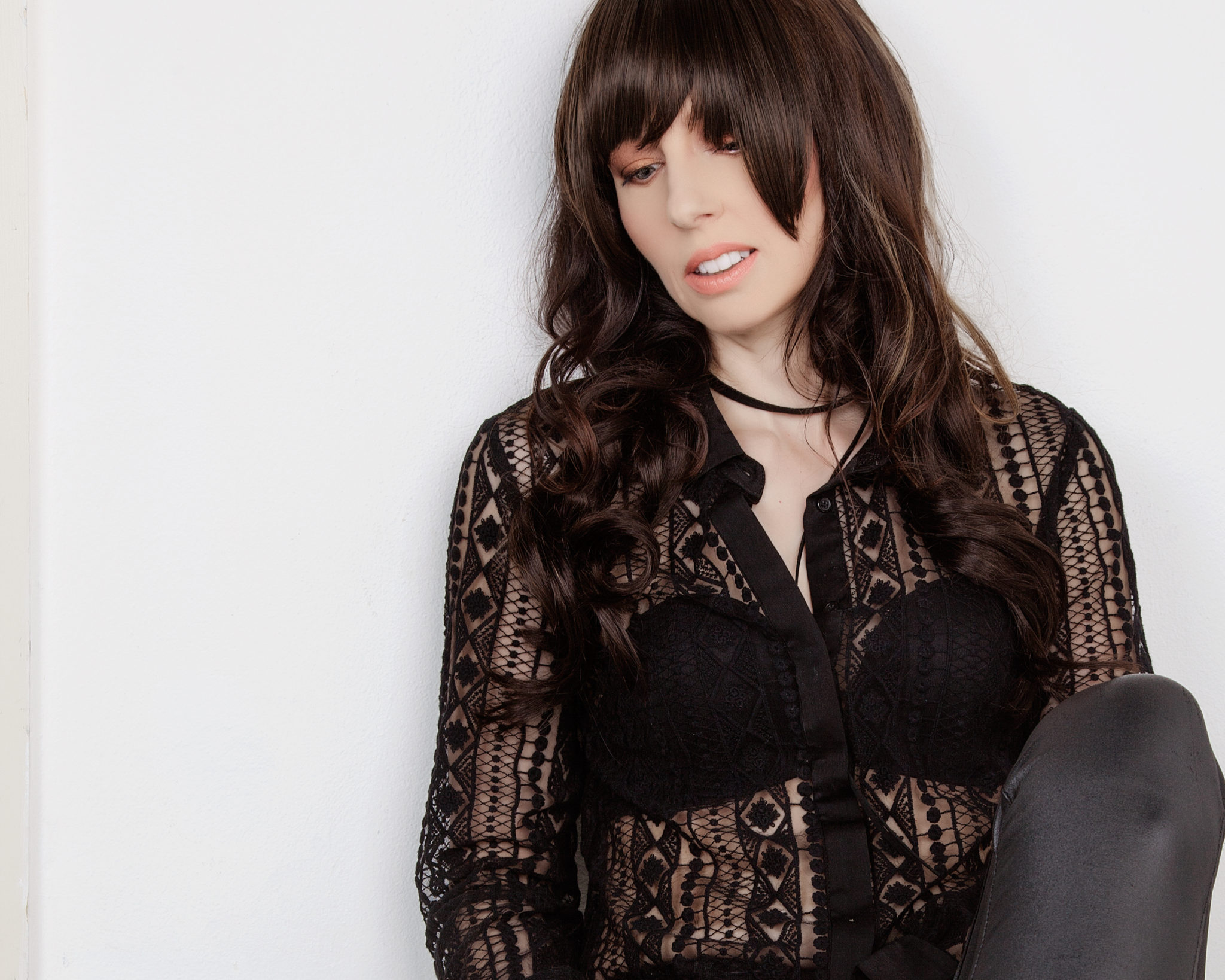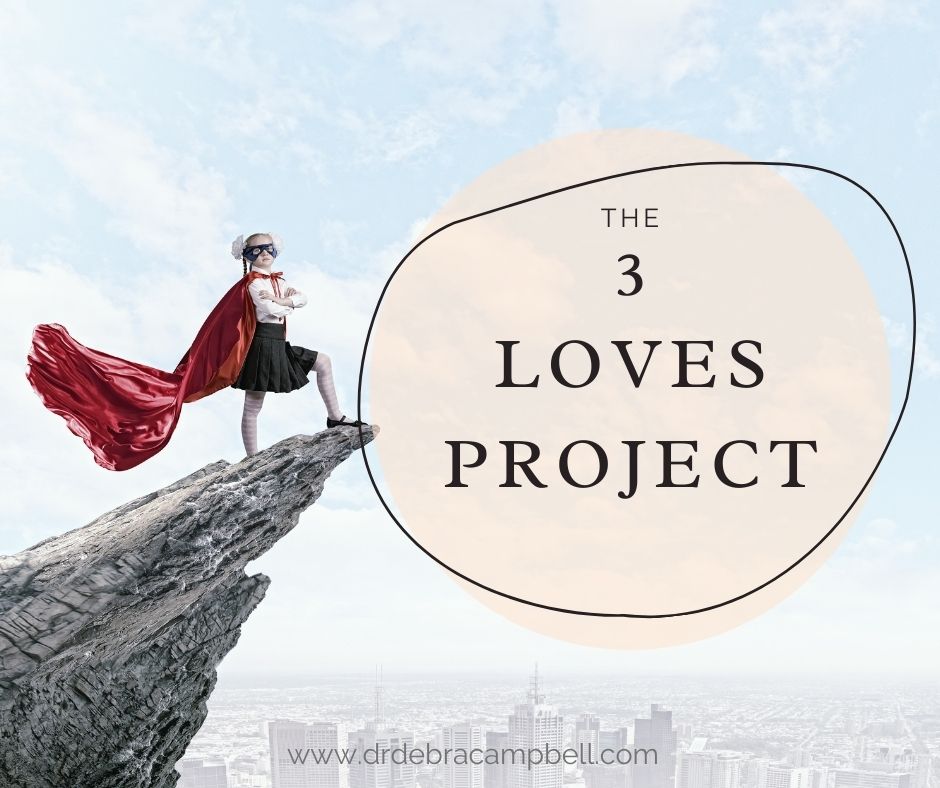Shame is the most powerful master emotion. It’s the fear that we aren’t good enough. Brené Brown
We humans are good at gathering shame inside us, and often at shaming others. We can feel shame for things done to us, as much as for things we have done. We may automatically assume we must have deserved abuse, buy into the accusation that we ‘asked for it’, or hate ourselves for not responding more assertively. We may even try to normalise cruelty and swallow the shame rather than face the aftermath of hurts or trauma.
The shame of being abused is multiplied when we don’t accept that it happened, that it wasn’t about deserving, that it was wrong. It can take time to peel the onion of shame, to draw back layers of emotional skin, each one releasing the pungent, stinging oil that oozes from the root of the thing.
Keeping the fumes locked inside may seem like a good idea for a while. The problem is, locked down shame makes it hard to live your life and be emotionally free. It makes it hard to like yourself.
I met James at my school when I was 16 and he was about 27. I can’t be sure. His age seemed to shift. He was never a youthful looking person. His hair was receding already, even back then, so he may have been older than he told me.
He was married. That I learned, only long after we’d been together, because he’d put considerable effort into hiding his life with her. He kept a ready web of lies to hide in, that stretched and shifted around him when questioned.
Decades ago, prior to social media, before text messaging and the ability to google people’s backgrounds, there was no easily accessible way to research someone. I was a kid and he was a teacher at a private extracurricular school.
The sex was consensual. I thought I was in love. Maybe I was, but it was with the man he pretended to be, not with the one he was. The one he was, I found out later, was predatory; calculating the benefits to ego or career, of each encounter he orchestrated. Later he told me he felt shame. For me. For ‘many others’. I dared not ask.
When I found out about his secret life, I was more ashamed of myself than angry with him. I wanted to be loved so much that I didn’t want to accept the fact that my first love affair, because it felt like love, was based on deceit. The last thing I wanted to admit was that I had been identified as vulnerable and used by an opportunist. I didn’t want to know that instead of being special and attractive, I was the most vulnerable and convenient teenage girl available for predation at the time. I felt intense shame and anger with myself that I had fallen prey.
The part of us that doesn’t want it to be true twists it, reaching for a way to believe the perpetrator didn’t mean to do it. It can seem easier to hide in shame by assuming you deserved it, especially for a kid, than step into the hard truth that bad things happen that have nothing to do with deserving.
We humans tend to feel ashamed when we are the victim. Too often we feel shame when viciousness is enacted against us. Instead of turning a mirror of accountability on the behaviour of the abuser, many of us immediately internalise the experience and feel deep shame that we must have caused them to hurt us through some action or character flaw of our own.
It may also be because we’re optimistic, hopeful and gentle and we want to hold onto the belief that a person just wouldn’t do what they did – there must be some mistake. It’s difficult to relinquish the childhood dream of a just and loving world in favour of a more real perspective.
The reality is that the choice to hurt another with words, or otherwise is a choice. There are always many points where an abuser could have stopped. They did not. That has nothing to do with you.
Some people, who are damaged enough, who are broken enough, who are deluded and out of touch with their heart and soul – they will do unthinkable things. Chances are, if they did it to you, you just happened to be the one in front of them at the time.
Release the shame. It isn’t yours, and more importantly, it doesn’t help anyone.
Years ago, I was headed to a party and I stopped briefly at a small liquor store for a bottle of wine. After choosing a bottle from the fridge I put it on the counter to pay. I haven’t a clue what motivated the young, good-looking shop-assistant to say what he said.
I just remember he picked up the bottle, shoved it in a paper bag and sneering down at me over the small bench, said something like
“Is that it, you arsehole?”
I don’t know how he justified calling a lone, young female customer he’d never seen before an arsehole, but here’s the point:
I apologised.
To him.
“Oh. Sorry” I said, with shock tears welling up in my eyes and a shaky hand fumbling to find the money in my purse to pay.
Another customer approached the counter and I remember feeling mortified that they might have heard him.
Why wasn’t I hoping they’d heard him? I had done nothing wrong. However, overwhelmed with shameful feelings, I kept my head low as I scrambled for the door.
I never forgot that strange incident. Hurtful as it was, it’s the kind of verbal abuse that sadly happens every day, especially online. But I’m writing about it here, decades later, because being called an arsehole by a random shop-assistant wasn’t the point. What took me longer to forgive was that my automatic reaction to being abused was to plummet into shame and apologise.
I didn’t feel anger at the perpetrator, at least not in the moment of the abuse. It didn’t occur to young me to defend myself, to walk out or to report his behaviour to the owner of the store. My knee-jerk, unthinking reaction was an assumption of guilt on my part and an assumption of ‘good reason’ on his.
I must have done something offensive without realising. I guess I caused him to speak to me like that because of something about me. Maybe I’m to blame and I should be ashamed.
I wouldn’t respond in the same way now as I did then, rest assured. But why then, did I feel the shame for that unknown young man’s random verbal violence?
Feeling shame about ourselves rather than recognising the accountability of the abuser, is a common response for people who have been traumatised or abused, or have grown up with a sense of low self-esteem. It is a common response for someone who has a history of feeling disempowered.
It’s also the response of a person who doesn’t deeply recognise yet, that while we’re responsible for our own actions, we are never responsible for another’s choice to be verbally, or otherwise, violent.
Such beliefs often stem from childhood. The good news is, you can always update them.
Another important piece of learning to draw from the strange liquor store incident was that shame compounds shame. You see, afterwards when it dawned on me that I had done nothing wrong and my evening had been marred by a random act of cruelty by a stranger, I felt ashamed of my shame response. I was ashamed that I’d not said or done anything to defend myself or make him accountable for his actions.
Hiding shame tends to evoke more shame. As shame researcher Brené Brown wrote, shame never drives positive behaviour. Even when we do wrong, accountability Is helpful, compassion is helpful, apology and forgiveness are helpful actions for healing.
Shame is not.
Empathy is the antidote to shame. Brené Brown.
The way out of shame is to own it, and go on being your best regardless. Don’t let shame own you and keep you small and less than you can be.
Know that we are all fallible, vulnerable, flawed human beings. None of us deserve cruelty, abuse or to hide in shame.
Peel back the layers of the onion, feel the sting of it released, and let the tears fall. Then dry your eyes. We’re all in this together.
For more self-growth resources take a look at Lovelands and the Lovelands Workbook. And please join my free email coaching program The 3 Loves Project – you can read more about it here.

